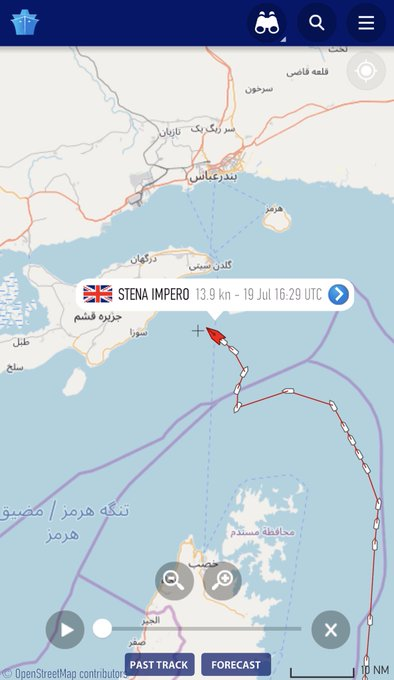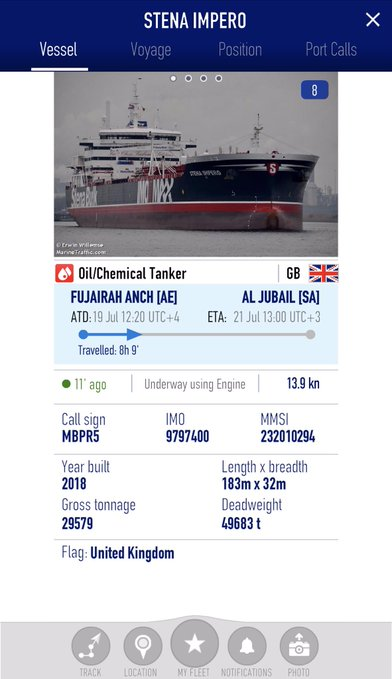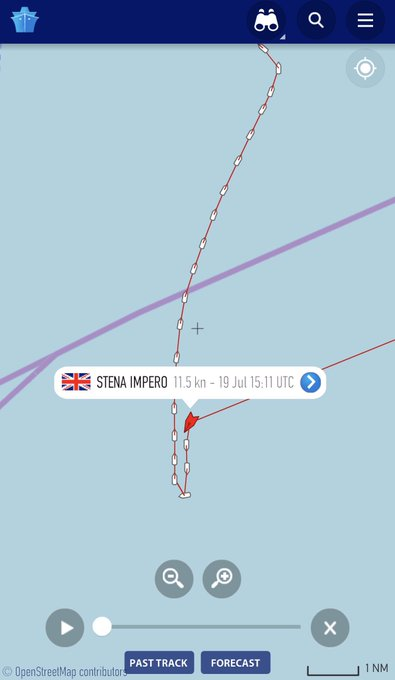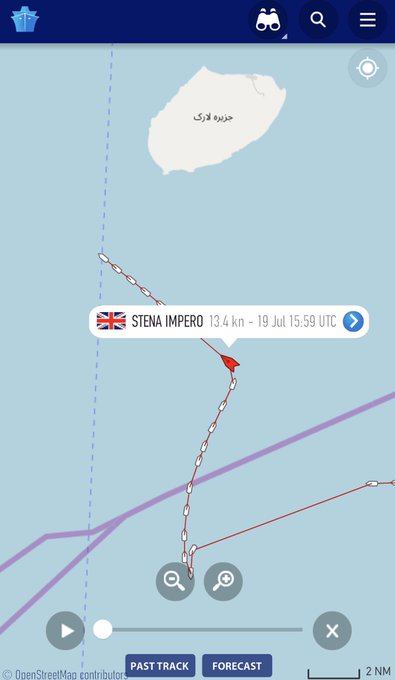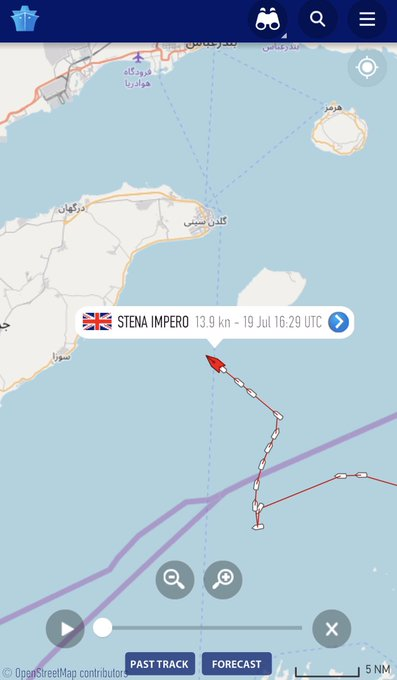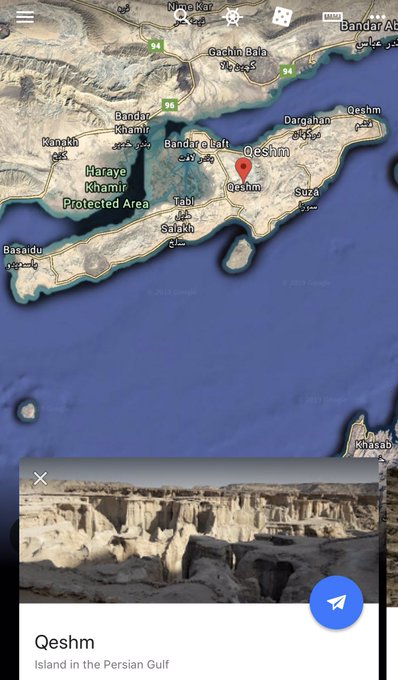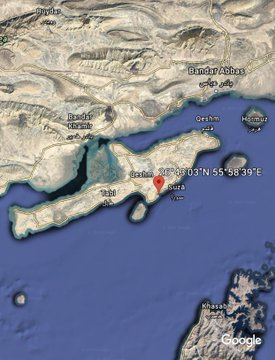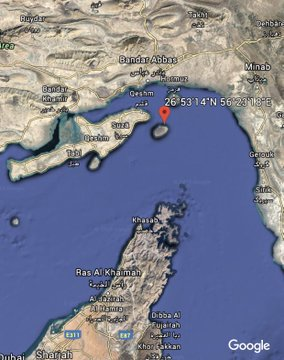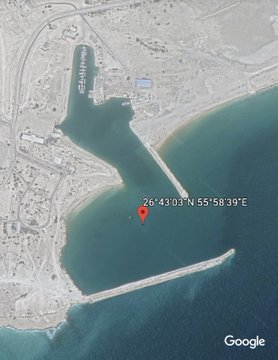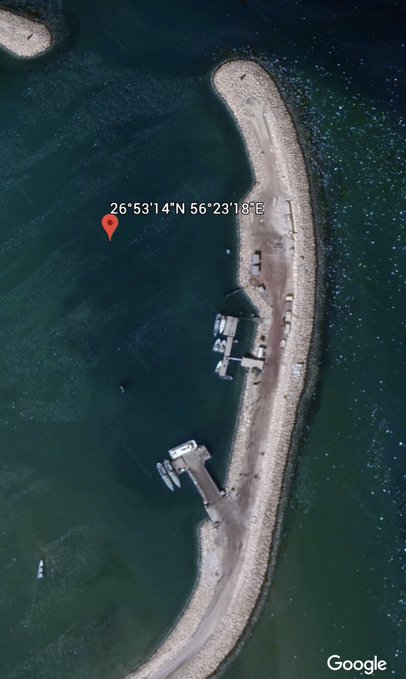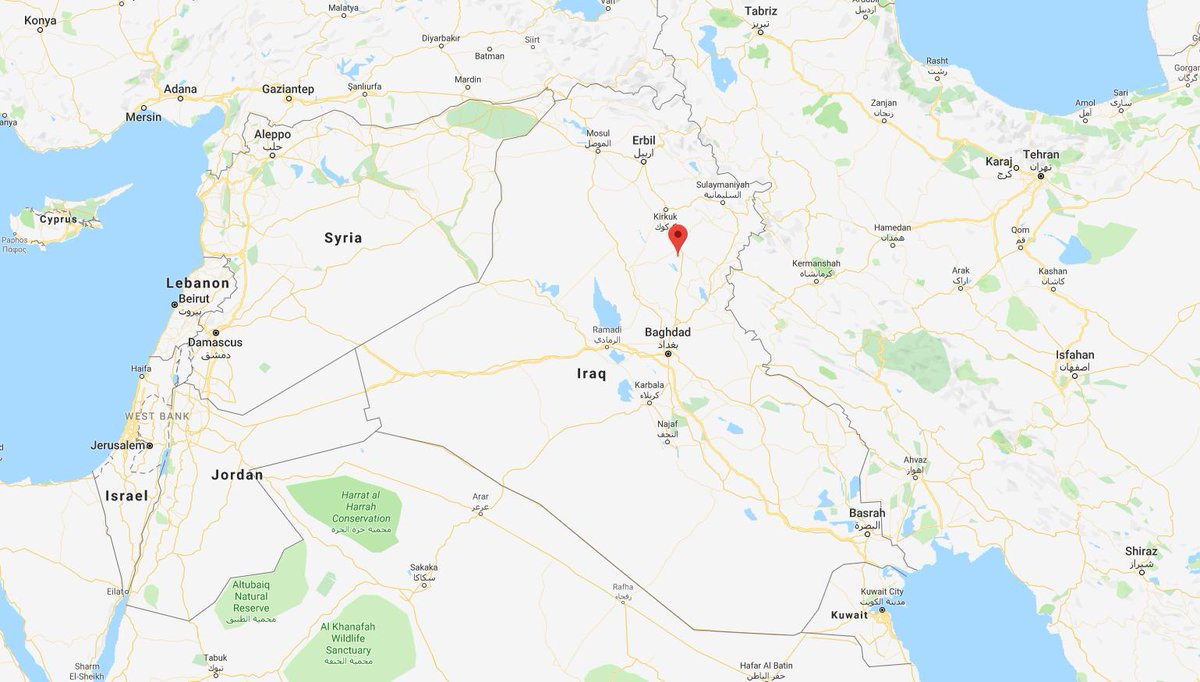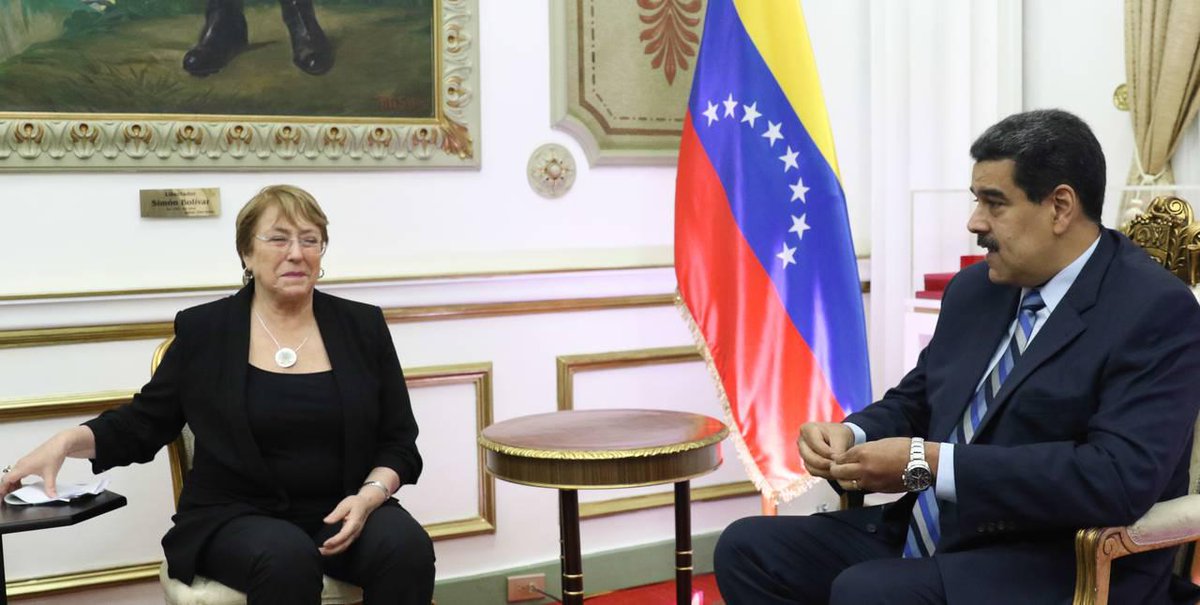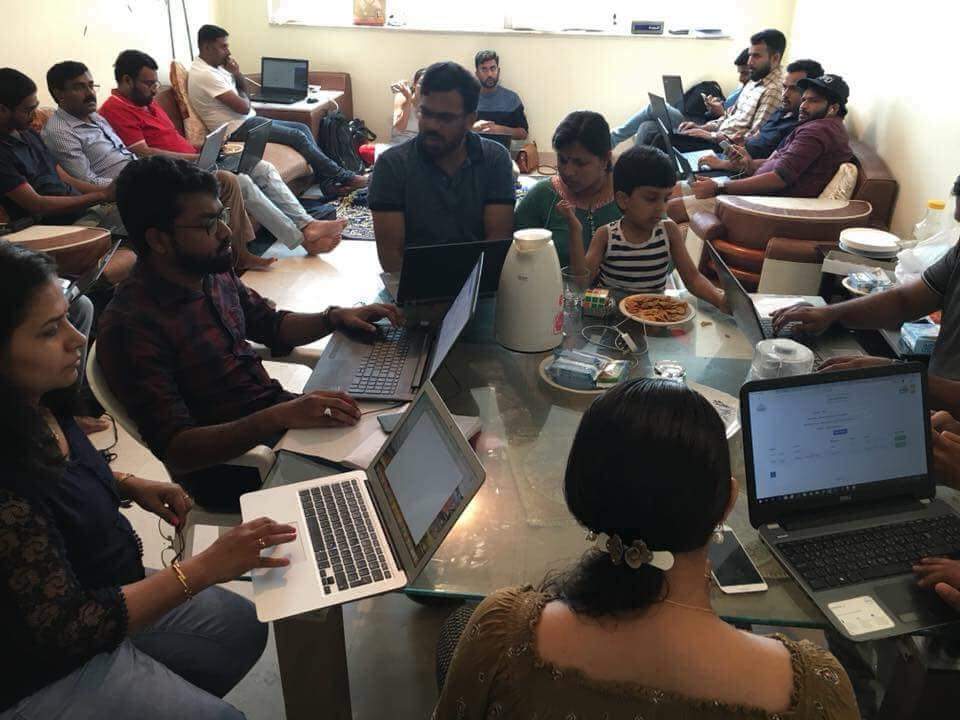1)
There is a buzz about the BBC restricting its correspondents based on Tehran’s orders.
Iranians have constantly taken to social media to say they are boycotting the BBC Persian network (@bbcpersian) for its #FakeNews.
#Iran
London
Iranian exiles rallying outside the BBC building protesting this network's hostile policies against the Iranian people.
BBC Persian goes the distance for Iran's regime:
"Why shouldn't Iran's judicial system be allowed to assassinate its opponents?"
Iranians boycotting BBC Persian for its "lies," saying this "network is associated to the UK government & aims to spread lies about Iran."
"It is an insult to me," one man says.
While Iran's regime is increasing its crackdown against escalating protests & even social media platforms, BBC rushes to Tehran's rescue with this very important (!) report.
"How Iran made ice cream 2000 years ago"
No wonder Iranians use the hashtag #AyatollahBBC
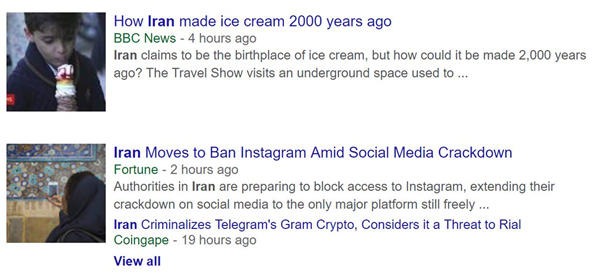
BBC diverts attention from the concerns of Iran's regime (domestic protests/global isolation) by providing very important news (!) ...
and Tehran apologists/lobbyists such as @tparsi follow the cue.
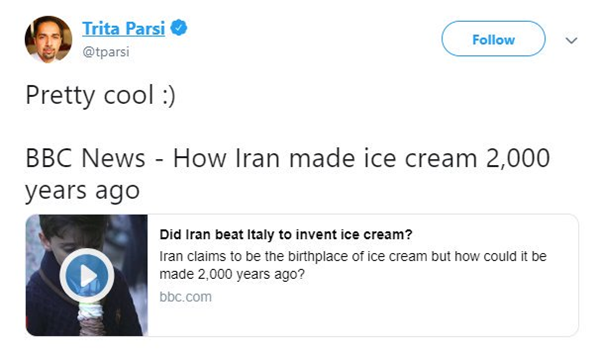
Just days prior to the imposition of crippling US sanctions targeting Iran's oil/banking sectors, see how the BBC threw a life line to Tehran's mullahs by running this as "NEWS".
bbc.com/news/world-mid…
More reason why the Iranian people describe this network "Ayatollah BBC".
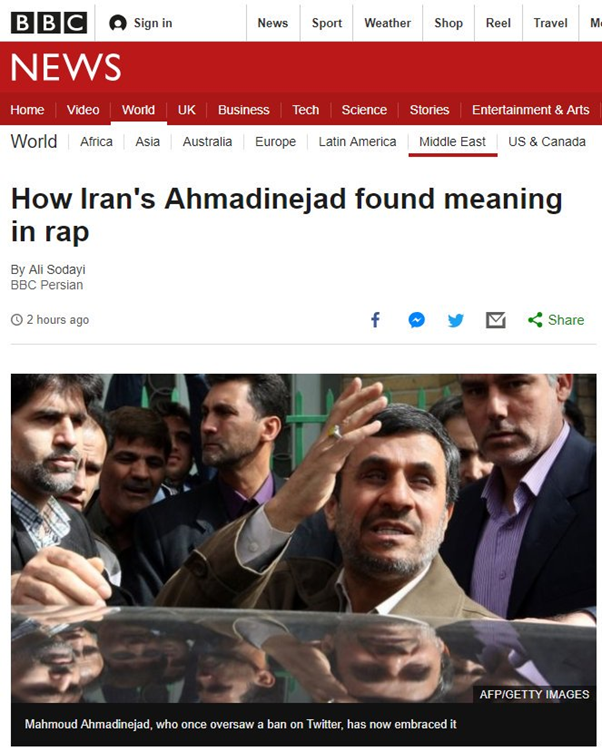
Ali Alizadeh (@Jedaaal), regularly invited by the BBC as a "political analyst," said loud & clear that he is a member of Iran's now FTO-designated IRGC.
Of course, we Iranians already knew this.
BBC should be careful about the guests it invites.
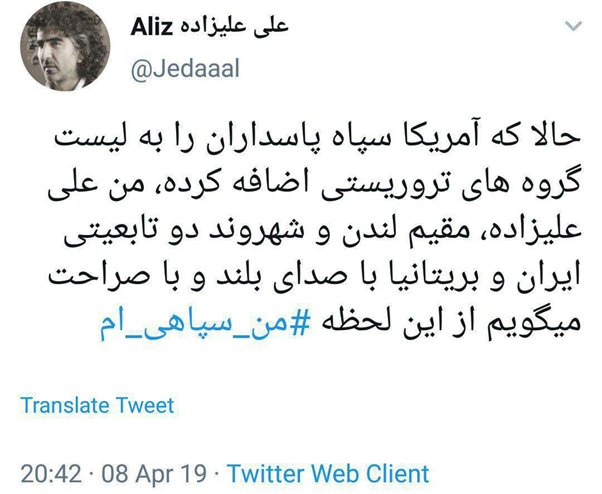
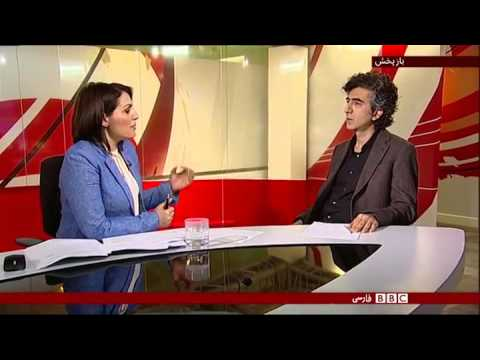
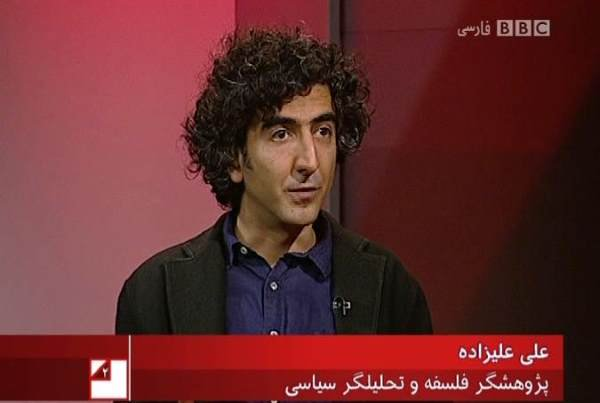
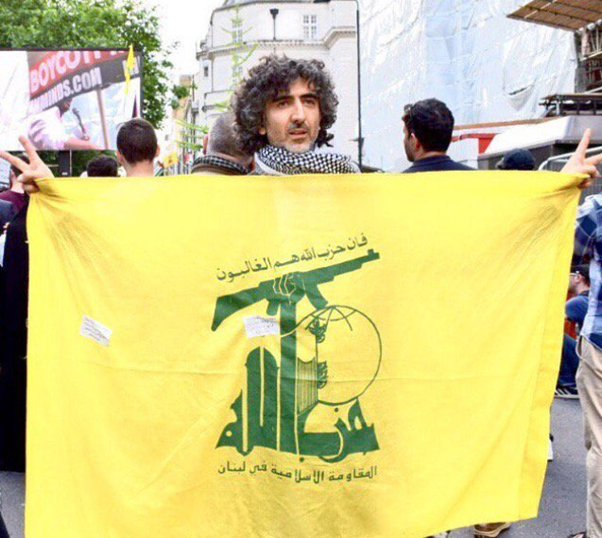
Listen to the words of former Iranian intelligence minister Ali Fallahian.









